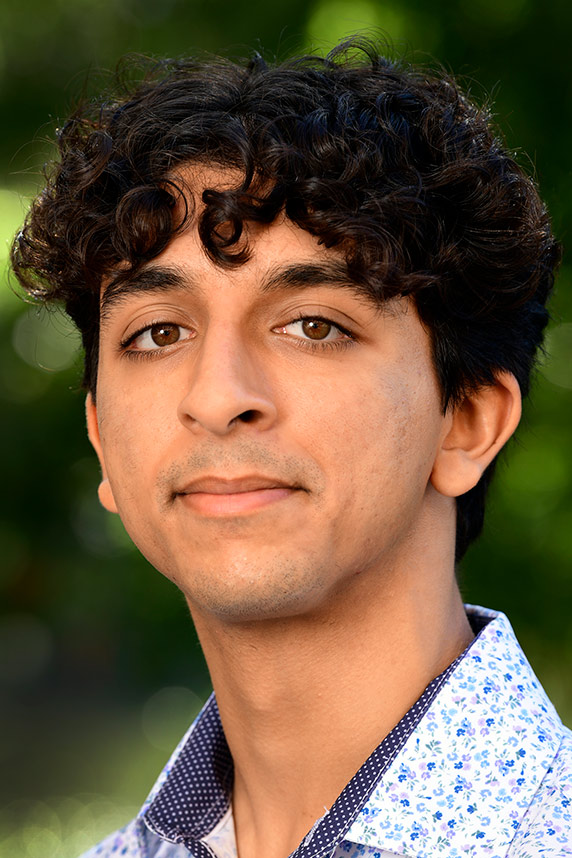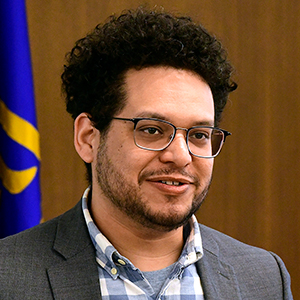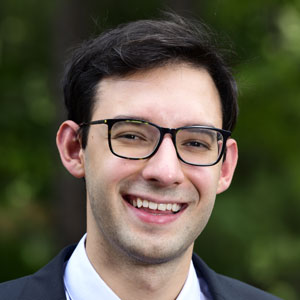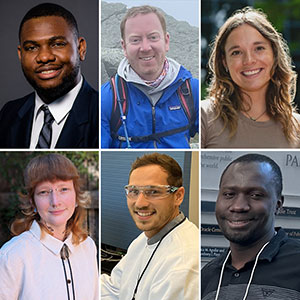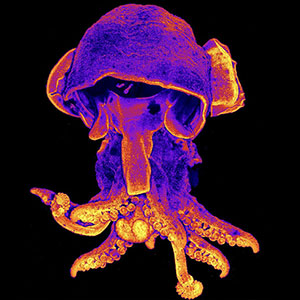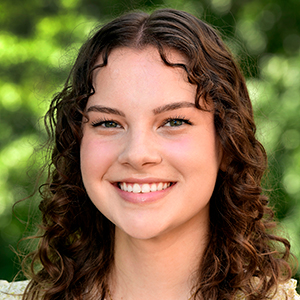Several NIEHS trainees are embarking on new career paths, thanks to the National Institutes of Health (NIH) Postbaccalaureate (Postbac) Intramural Research Training Award (IRTA) program. The postbac program allows college graduates who are planning to apply to graduate or professional schools an opportunity to spend one or two years performing full-time research alongside some of the world’s leading scientists in an environment devoted exclusively to biomedical research.
“The Postbac Program gives fellows the opportunity to explore and prepare for diverse pathways and future careers as part of a cohort of peers,” said Katy Hamilton, NIEHS postbac program manager in the Office of Fellows' Career Development. “Immersing themselves in the NIEHS and Triangle-area communities is a great way to gain valuable experience and build relationships as they are developing their own paths for the future.”
Learn more about the paths of four postbac fellows featured below, and how one is giving back to the community (see sidebar).
Abra Granger
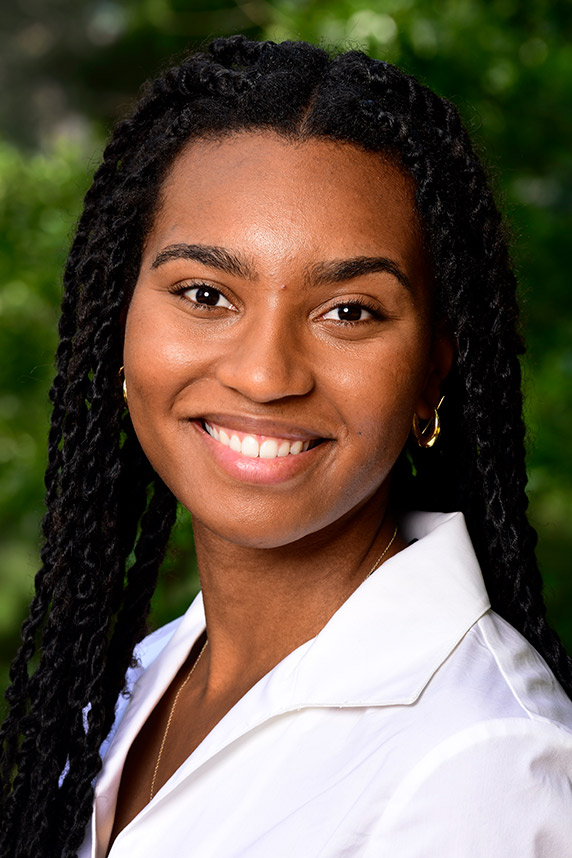
Abra Granger was an IRTA postbac fellow in the Genome Integrity and Structural Biology Laboratory led by Roel Schaaper, Ph.D.
Accomplishment: NIH Postbac Poster Day Outstanding Poster Awards in 2022 and 2023.
Education: University of Richmond (B.S. in biochemistry and molecular biology); currently pursuing an M.D./Ph.D. at the Duke University School of Medicine.
Hobbies: Field hockey, mentoring young athletes, Spanish language proficiency, exploring global cultures, and advocating for women’s health and well-being.
What was a highlight of your time at NIEHS? My favorite experience at NIEHS was presenting my work. It was an opportunity to showcase my accomplishments and speak on a topic I am deeply passionate about. Whether sharing with peers or PIs [principal investigators], I felt privileged to engage in scientific discourse centered around my own research.
If you had unlimited funding, what research project or innovation would you pursue? I would explore genetic diseases using computational methods, with a particular focus on how these approaches can be leveraged to address health inequities and bridge the gap between underserved populations and advancements in genetic medicine.
What’s next: Continuing my journey as an M.D./Ph.D. candidate at Duke University, focusing on computational medicine and patient care.
Elvis Quiroz
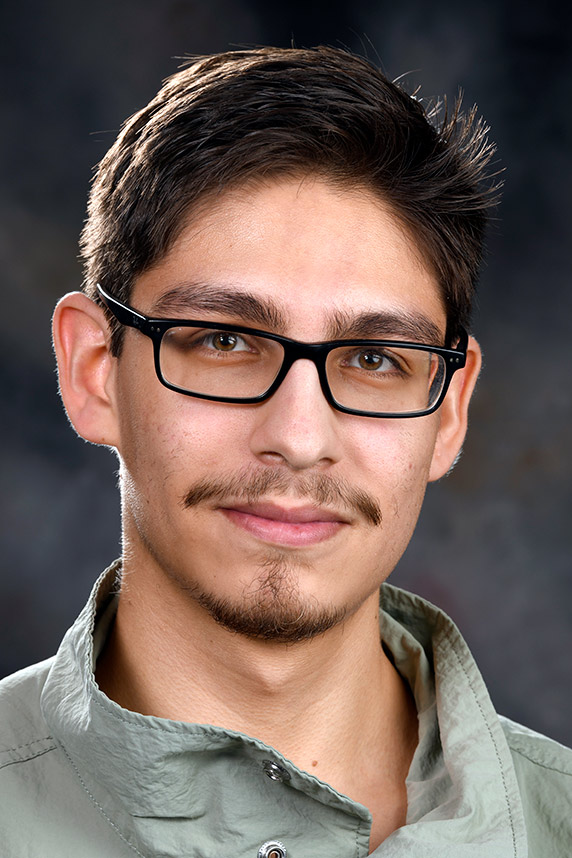
Elvis Quiroz was an IRTA postbac fellow in the Reproductive and Developmental Biology Laboratory (RDBL) led by Francesco Demayo, Ph.D.
Accomplishment: NIH Summer Mentor Award 2023 and NIH Postbac Poster Day Award 2024.
Education: University of Illinois at Chicago (B.S. in biochemistry and psychology; mathematics minor); currently a first-year M.D./Ph.D. student at the Columbia University Vagelos College of Physicians and Surgeons.
Hobbies: Playing and listening to music, reading, and playing basketball with my friends.
What was a highlight of your time at NIEHS? Being surrounded by exceptionally creative and clever people constantly challenging me to become a better scientific thinker and more confident person. I especially give thanks to my mentor Dr. Franco Demayo and my RDBL friends; they taught me a lot through their passion.
If you had unlimited funding, what research project or innovation would you pursue? I would want to devote unlimited funds to help advance in utero fetal gene and epigenetic therapy into a safe and effective way to treat genetic disorders and epigenetic predispositions to disease at birth.
What’s next: Finish my preclinical years, then do my Ph.D. in something related to molecular neuroscience. Also, finish my M.D., then perhaps acquire training to pursue a physician-scientist career as a neonatologist or molecular genetic neuropathologist.
Matthew Dennen
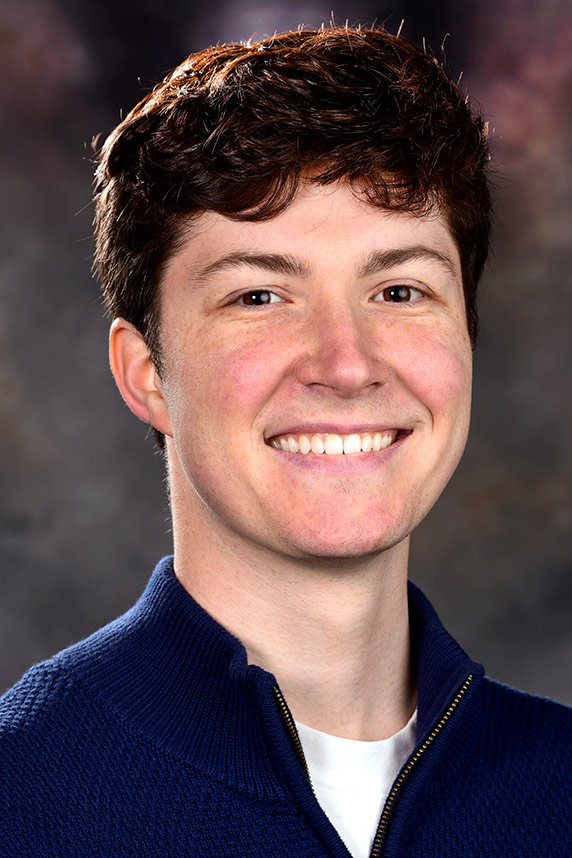
Matthew Dennen was an IRTA postbac fellow in the Mechanisms of Genome Dynamics Group led by Dmitry Gordenin, Ph.D.
Accomplishment: First author for paper published August 16 in the G3 journal.
Education: William & Mary (B.S. in biology); currently pursuing a Ph.D. at Columbia University.
Hobbies: Music, both playing guitar and attending concerts; sports and exercise, especially soccer and basketball; getting outdoors to hike or bike through parks; watching television or films, especially fantasy or science fiction; spending time with my pets, Buster and Duke.
What was a highlight of your time at NIEHS? The mentorship of Drs. Dmitry Gordenin and Zachary Kockler, who taught me about yeast, genetics, and, importantly, how to be a scientist. With their guidance, I designed and executed experiments to further investigate interesting results we had produced and understood and communicated what these findings meant for human cancer.
If you had unlimited funding, what research project or innovation would you pursue? I would work on engineering probiotic microbes, such as yeast, to recognize and respond to diseases like cancer in real time.
What’s next: I have entered my first year of Columbia's integrated cellular, molecular, and biomedical studies doctoral program in New York City. As an umbrella program, I have the exciting opportunity to rotate with three labs across several campuses before joining one to ultimately work toward a thesis.
Oindrila Paul
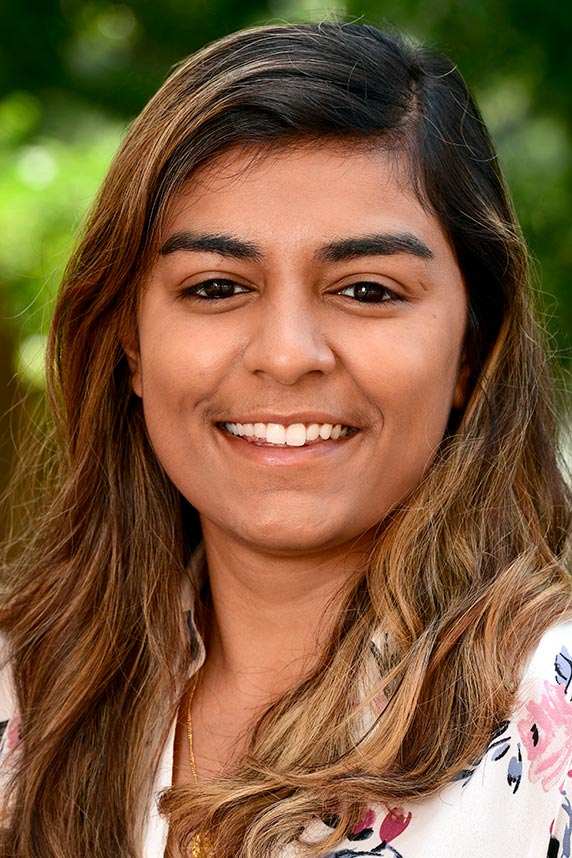
Oindrila Paul was an IRTA postbac fellow in the Epigenetics and Stem Cell Biology Laboratory (ESCBL) led by Paul Wade, Ph.D.
Accomplishment: NIH Postbac Outstanding Poster Award 2023.
Education: North Carolina State University (B.S. in biological sciences); currently a Ph.D. student at Rutgers University in the toxicology program.
Hobbies: I love to workout, especially playing racquetball, and hanging out with friends.
What was a highlight of your time at NIEHS? My biggest learning experience was giving my first seminar in the ESCBL weekly seminar. I was so nervous to talk about my research for almost 30 minutes, but it taught me so much about how to prepare for giving a seminar. NIEHS really provided a safe learning environment to practice and get feedback on how to improve for next time. I took a lot of these skills about giving presentations with me to grad school now.
If you had unlimited funding, what research project or innovation would you pursue? If I had unlimited funding, I think I would like to develop a nonhormonal birth control with less side effects (short-term and long-term) for women.
What’s next: I’m still a first-year student, so after completing the program, I hope to obtain a position in industry. I’d love to come back to Research Triangle Park, if possible.
(Erica Hinton is a contract writer for the NIEHS Office of Communications and Public Liaison.)





